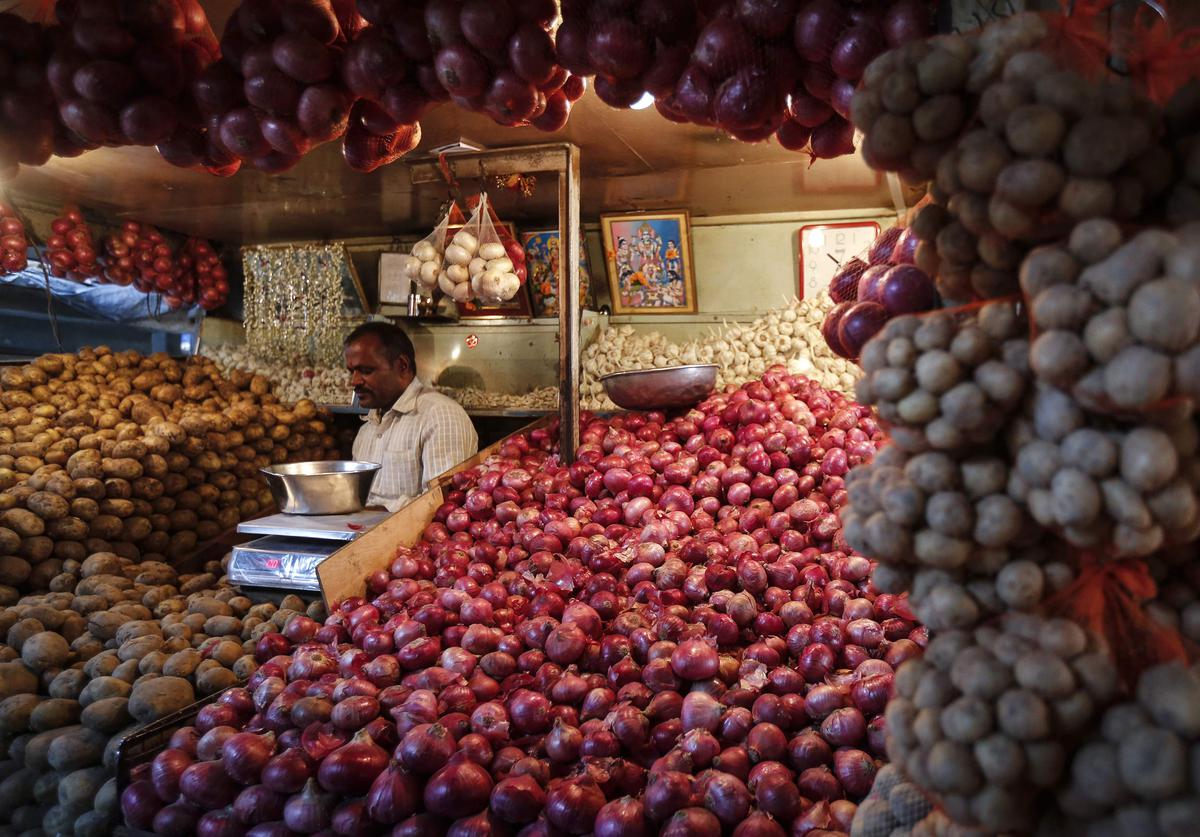In a formal press statement, the Reserve Bank of India stated that the pilot programme for retail digital rupee will begin on December 1, 2022.Users will be able to conduct transactions with e-R using a digital wallet provided by the collaborating banks and kept on mobile phones and devices, according to the statement.
The closed user groups (CUG) of participating customers and retailers would be the subject of the pilot’s coverage of a few specific locales. “The e-R would take the shape of a digital token that stands in for money. It would be distributed in the same denominations that coins and paper money are now distributed in. It would be distributed by way of middlemen, namely banks,” the RBI said. More information was provided by RBI on transactions that might be both person-to-person (P2P) and person-to-merchant (P2M). The release stated that “Payments to retailers can be done via QR codes displayed at merchant locations.”
Eight banks have been chosen by the central bank to participate in this trial project in phases. Four banks—State Bank of India, ICICI Bank, Yes Bank, and IDFC First Bank—will start the first phase in four different locations across the nation. Later on, this pilot will include four more banks: Bank of Baroda, Union Bank of India, HDFC Bank, and Kotak Mahindra Bank. Mumbai, New Delhi, Bengaluru, and Bhubaneswar would be the first four cities the pilot would cover; later, Ahmedabad, Gangtok, Guwahati, Hyderabad, Indore, Kochi, Lucknow, Patna, and Shimla would be added
The RBI had added that the creation of CBDC might offer the general public a risk-free virtual currency that would grant them legal benefits without the risks connected with trading in private virtual currencies. The central bank further stated that CBDC will act as a medium of exchange, a form of legal tender, and a trustworthy store of value for all people, businesses, governments, and other institutions that can convert it into bank money or cash. CBDC intends to speed up and reduce the cost of transactions.

